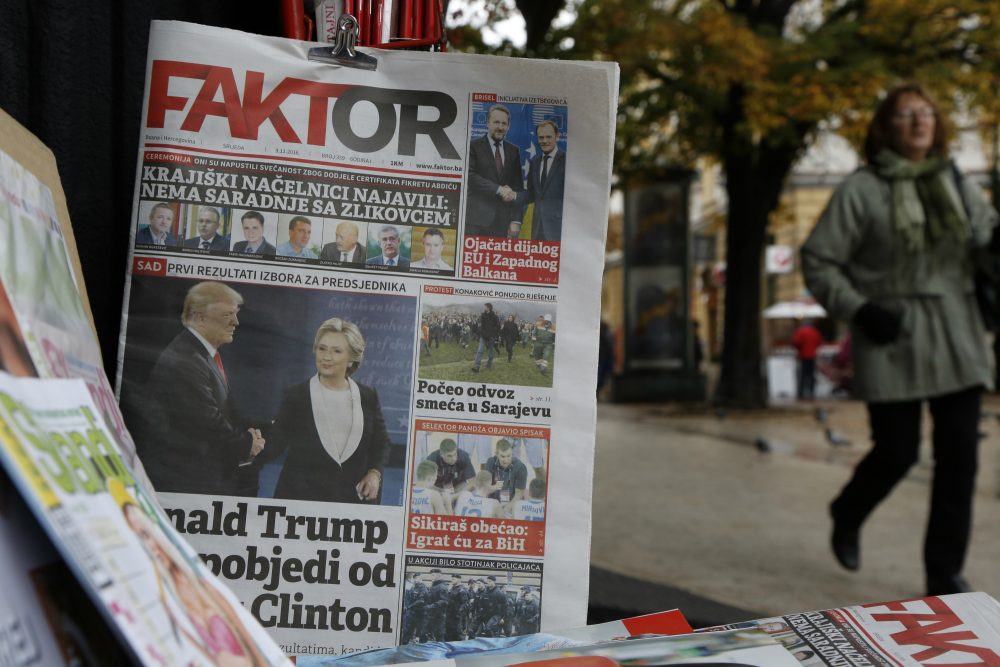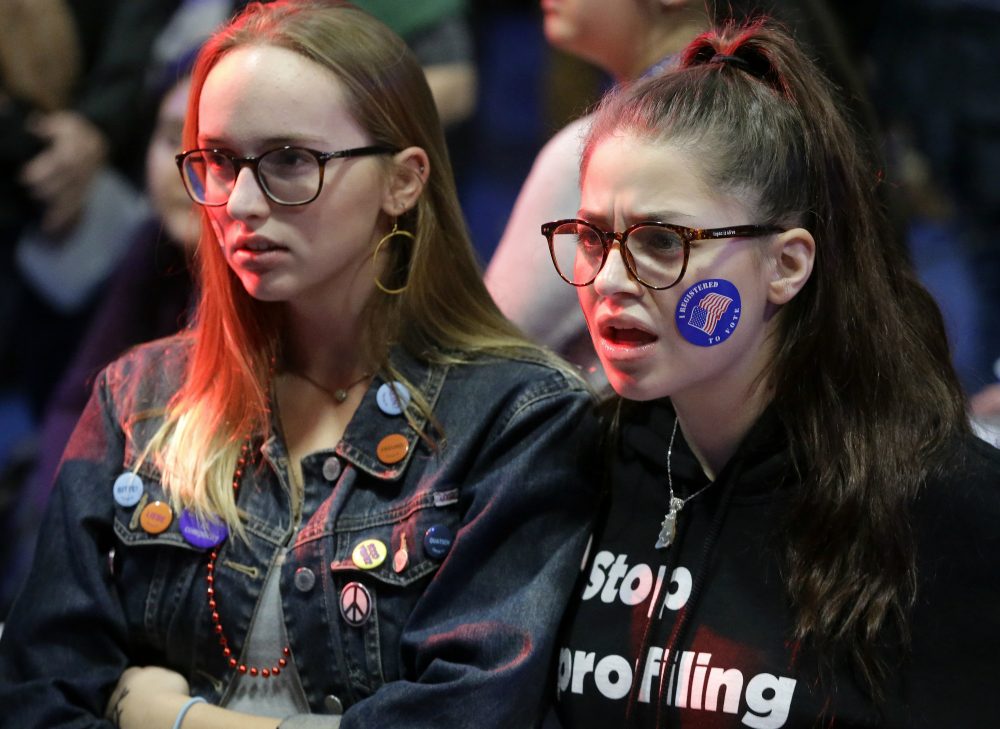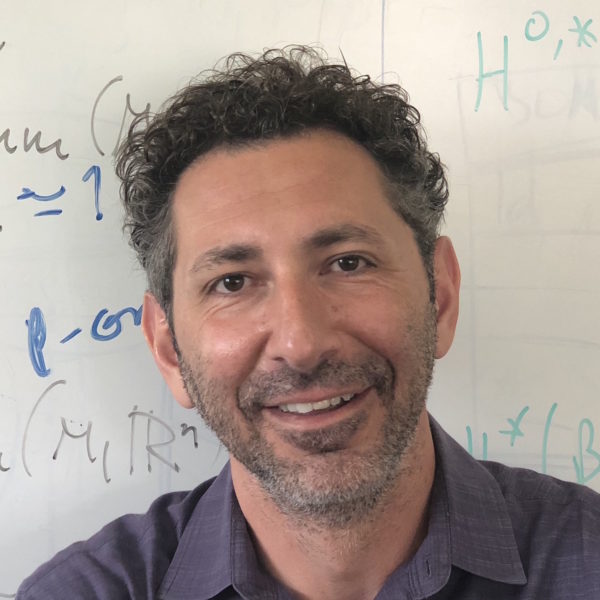Advertisement
'America Would Obviously Not Do This' — The Election, And An Immigrant's Disbelief

COMMENTARY
As a teenager in the 1990s, I found myself in America as my home, Bosnia and Herzegovina, was plunged into a barbaric war of a magnitude and brutality that had not been seen in Europe since World War II. At the tip of the spear that tore through the region in those dark times was incendiary rhetoric by leaders of the various factions that appealed to raw, unfettered emotions. Mutual accusations were unsubstantiated, and plan for progress nonexistent. That did not matter; the economic hardship of the times and an uncertain future blurred the vision and obscured the egomaniacal arrogance of the fearmongers whose machismo masqueraded as leadership. Those who could see past the lies and incompetence did not believe that the movement was strong enough to bring about the aggression that would pit neighbors against each other, kill tens of thousands, and displace nearly half the Bosnian-Herzegovinian population. Nationalistic bickering, petty politics and corruption took hold in a vacuum left in the war’s aftermath and, 20 years on, the country is still reeling from the fallout of the senseless bloodshed.
There is no way America would elect as its leader someone like Donald Trump, an updated version of the demagogues that drove Bosnia to its ruin.
A quarter century after making the United States my home, then, the Election Night party at the Wellesley College field house held special significance for me.
I was one among more than 2,000 faculty, students and alumnae who hoped that one of their own, Hillary Rodham Clinton, class of '69, would be elected the first female president of the United States. Everyone in the all-ages, all-ethnicities, all-persuasions crowd radiated exuberance and joy as they caught up with old friends and students, took selfies with a Hillary cardboard cutout, and cheered loudly in a cherished Wellesley tradition when Madeleine Albright and other notable alumnae joined via Skype on a giant screen. It was a jubilant capstone event to mark the greatest victory yet in this country's struggle for gender equality.
For me, the election party symbolized a redemptive act of an unjust world that tore me away from my first life and was supposed to provide reassurance that something like that would not happen in my second. There is no way America would elect as its leader someone like Donald Trump, an updated version of the demagogues that drove Bosnia to its ruin. There is no way America would find a savior in a man who erected his platform on intolerance and divisiveness so distressingly similar to that of the men who wrecked the country of my birth. After all, this was the America that welcomed me as a teenager, never cared where I was from, and never made me feel like I was an outsider. No, America would obviously not do this.

The mood at the field house was quite different by midnight. As we quietly filed out, the realization that the glass ceiling was not shattered, but reinforced, had started to set in. But I also felt a new, surprising sensation, an unpleasant awareness that I was an immigrant, and that this mattered in a new way. Even worse, for the first time in a quarter century, I felt that this is something that might be prudent to conceal. But how? Everything was giving me away – my accent, that weird letter in my last name, even my U.S. passport, with its foreign place of birth written in it. A disorientation of a stranger in a new land, a bewilderment that had been dormant for 25 years had resurfaced. It caught me by surprise, much like Bosnia and Herzegovina’s demise, or that night’s election, which stupefied millions.
Much-needed respite from my despondency and confusion came the next day, when some of my students came by my office. We chatted, trying to make sense of it all and observing that the unprejudiced and impartial mathematics I was teaching them provided the ideal remedy from the bleakness of the moment. But what gradually became clear was that my students had already started to recuperate, their battered resolve defiantly on the way to recovery. They were regrouping, planning next steps, guaranteeing the continuity of the stride that has remained unbroken for so long because of all those alumnae who came before them.
I... felt a new, surprising sensation, an unpleasant awareness that I was an immigrant, and that this mattered in a new way.
They were the relief, the assurance I was looking for. It was clear: One of my students, or one of the millions of smart, strong women like them across this country, will one day become the first female president of the United States. She will deal the final blow to misogyny and chauvinism and yes, maybe even to all the politics that turns neighbor against neighbor, and sends people looking for new lives half way across the world. And I will be in that field house when it happens, along with my accent and the weird letter in my last name and everything else that makes me an immigrant.
